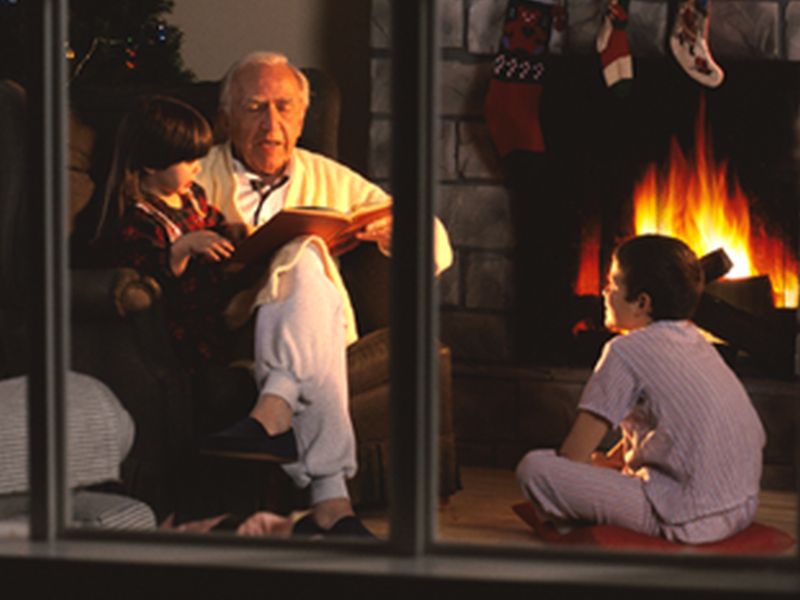
Friday, December 22, 2017

FRIDAY, Dec. 22, 2017 (HealthDay News) -- Though the threat of accidental poisoning rises during the holidays, you can take steps to lower that risk, poison control experts say.
"The holidays are an exciting time of the year, but present a host of opportunities for poisonings to occur," said Stephen Kaminski, CEO and executive director of the American Association of Poison Control Centers. "The good news is that it is relatively easy to have a poison-free holiday with preventative measures."
Carbon monoxide -- called the silent killer -- is a major concern in winter months. Each year in the United States, accidental carbon monoxide poisoning results in hundreds of deaths, more than 20,000 emergency room visits and more than 4,000 hospitalizations, according to the U.S. Centers for Disease Control and Prevention.
Carbon monoxide is an odorless and colorless gas that can be released by defective fuel-burning appliances, such as furnaces and heaters. It's also released by generators and gas-powered vehicles and equipment.
High levels of carbon monoxide can cause impaired coordination, loss of consciousness and death.
"It's vital to have your heating systems and fuel-burning appliances inspected regularly by professionals to ensure proper ventilation," Kaminski said in a poison control center news release. "Additionally, installing and regularly replacing battery-operated carbon monoxide detectors on every level of your home can help to determine if there is a leak."
However, carbon monoxide isn't the only worry when it comes to potential poisons.
Alcohol -- often more abundant during festive occasions -- can pose a risk to children. Swallowing even a little can be toxic to them.
"Children are naturally curious and mimic adult behaviors," Kaminski said. "Adults should take special care to keep wine, beer, liquor and other alcoholic beverages up and away from children."
In addition, antique toys and toys made in some foreign countries can put kids at risk for lead exposure.
Adults should carefully inspect antique toys for chipping or worn paint before letting children play with them. It's also a good idea to review toy recall notices before buying new toys.
Batteries can be risky for children, too.
Button batteries -- the round, flat batteries often used in toys, games, flashing jewelry, musical greeting cards, remote controls and watches -- can be especially dangerous if they're swallowed by a child.
The batteries can get stuck in the esophagus, resulting in severe tissue damage and even death. Button batteries can also cause harm when placed in the nose or ears.
"It is imperative that parents keep items containing button batteries securely fastened or out of the reach of children," Kaminski said.
Besides being aware of potential hazards, it's important to be prepared for possible emergencies, he said.
That means programming the Poison Help Line into your cell phone and posting the number in a visible spot in your home: 800-222-1222.
"You can also text 'poison' to 797979 to save the Poison Control contact information in your smartphone," Kaminski said.
SOURCE: American Association of Poison Control Centers, news release, Dec. 13, 2017
HealthDay
Copyright (c) 2017 HealthDay. All rights reserved.
News stories are written and provided by HealthDay and do not reflect federal policy, the views of MedlinePlus, the National Library of Medicine, the National Institutes of Health, or the U.S. Department of Health and Human Services.
- More Health News on
- Carbon Monoxide Poisoning
- Child Safety





























.png)











No hay comentarios:
Publicar un comentario